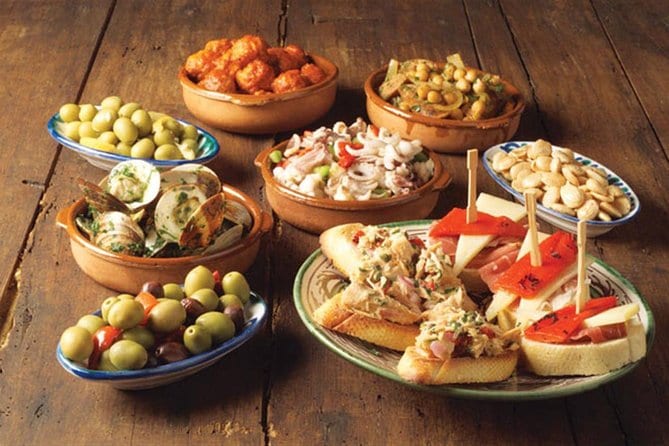Which Region of Spain Has the Best Quality of Life?
Have you ever wondered which is the best region to live in Spain? From vibrant cities to peaceful rural areas, Spain is packed with diversity in landscapes, climates, and lifestyles. Each region has its own unique charm—but which one truly stands out when it comes to overall quality of life? It all depends on what … Read more










